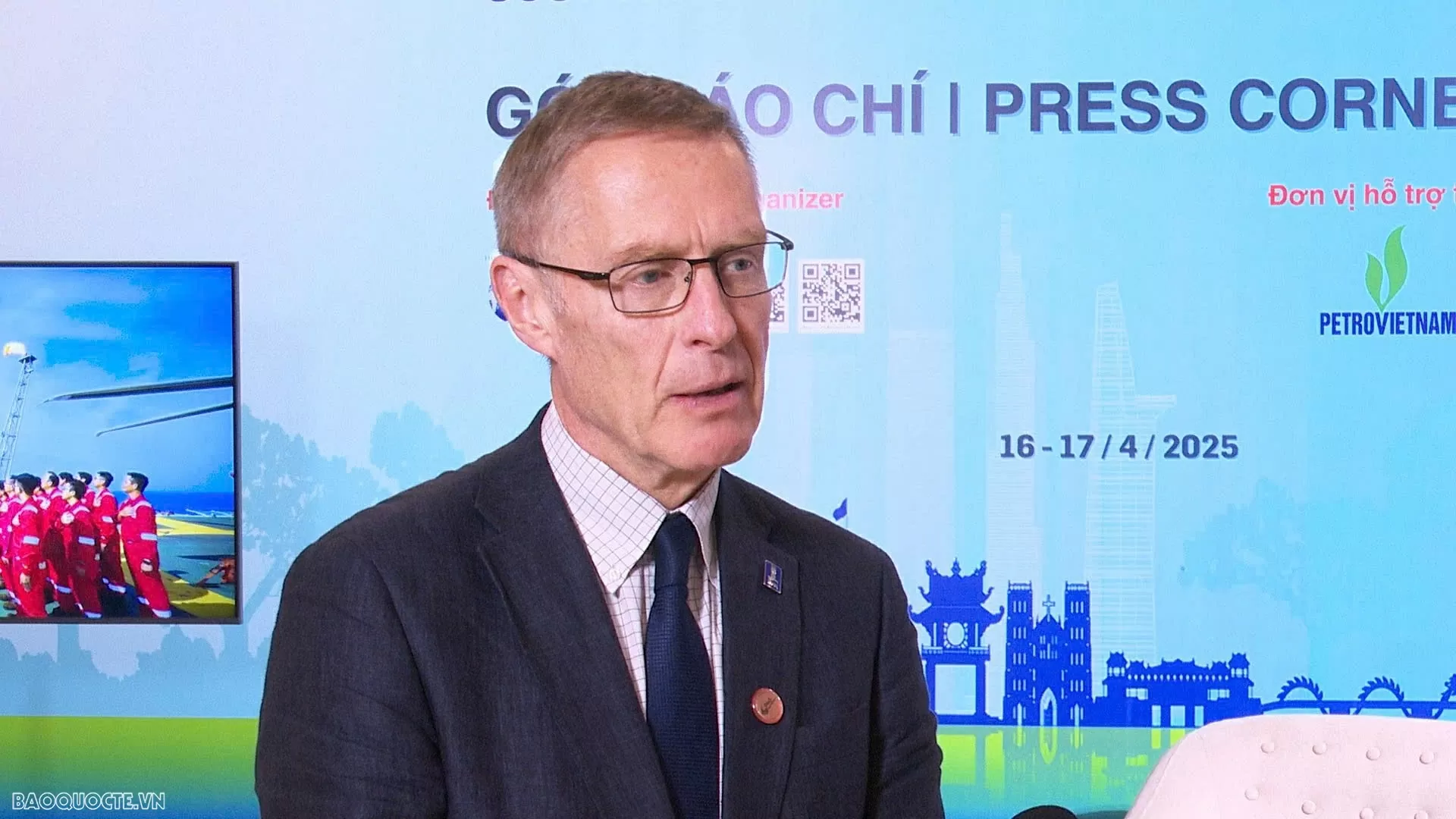 |
| International Fund for Agricultural Development (IFAD) Vice President Donal Brown shared that the organization's focus has always been on empowering rural communities, especially women, youth and ethnic minorities. (Photo: Jackie Chan) |
In the context of the global push for green transformation and sustainable food systems, how do you assess the role and significance of the P4G 2025 Summit for IFAD, as well as the organization's expectations when attending this important conference?
Today’s participation in the P4G 2025 Summit demonstrates IFAD’s global commitment to building sustainable and inclusive food systems. As a regional leader in rural transformation and agricultural innovation, Viet Nam is a success story worth emulating.
The conference is an important forum to celebrate Vietnam's achievements in green transformation, share experiences and collaborate with governments, private sector partners and civil society to jointly create sustainable solutions.
This is also an opportunity to draw the international community's attention to the enormous needs and potential of rural communities, not only in Vietnam but also in developing countries around the world.
Regarding IFAD, one of our key initiatives in the beautiful S-shaped country is the Commercial Smallholder Support Project (CSSP) in the Northern Midlands and Mountains region of Vietnam.
The project empowers local cooperatives to adopt innovative farming methods that not only help farmers increase productivity but also build stronger connections with buyers, thereby increasing income and resilience to volatility.
| Related News |
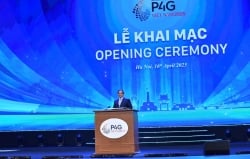 P4G Summit: Unrivaled Power to Accelerate Green and Inclusive Transformation P4G Summit: Unrivaled Power to Accelerate Green and Inclusive Transformation |
Another important initiative is the Mekong Delta Climate Change Adaptation Project, with a pioneering model integrating aquaculture with rice cultivation.
I believe this modern approach has helped increase food production and raise household incomes by up to 30%, contributing to improved food security in one of the most vulnerable areas to climate change in Vietnam.
We are also developing new initiatives in the Central Coast and Central Highlands regions, focusing on strengthening value chains and improving climate resilience for communities facing increasing environmental risks.
In particular, we are about to launch the Emission Reduction Project in the Central Highlands and South Central Coast of Vietnam to contribute to the implementation of the national action plan (RECAF) objectives. This is a transformational project, expected to directly benefit about 100,000 smallholder farmers, empowering ethnic minorities, women and youth.
RECAF will simultaneously address pressing climate challenges and unlock economic opportunities for vulnerable groups, thereby contributing to increased agricultural productivity, improved food security, enhanced rural livelihoods and forest conservation.
Scheduled to be officially launched in June 2025, RECAF marks an important step forward in sustainable rural development. It can be said that this project is completely consistent with the United Nations Sustainable Development Goals (SDGs), specifically:
Goal 1: ( Poverty eradication) through raising household incomes;
Goal 2 : (Zero hunger) through sustainable farming practices;
Goal 13: (Climate action) by promoting climate-smart and climate-resilient agriculture.
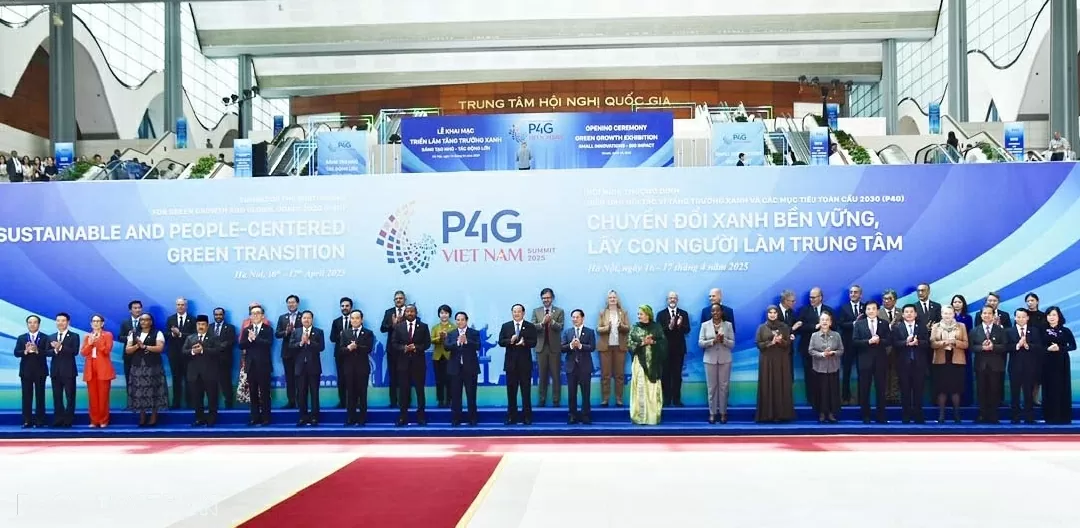 |
On the afternoon of April 16, in Hanoi, the P4G Vietnam Summit 2025 with the theme “Sustainable green transformation, focusing on people” officially opened. (Photo: Quang Hoa) |
How does IFAD view the role of public-private partnerships (PPPs) in food system transformation, especially in developing countries like Vietnam? In addition, how has the organization supported rural communities in Vietnam to ensure that farmers can confidently step into the future with technology, market access and greater resilience?
For me, public-private partnerships play a pivotal role in transforming food systems. While the public sector provides the policy and institutional foundation, the private sector brings innovation, investment and scalability.
In Vietnam, we have seen many promising collaborative models where public-private partnerships support smallholder farmers to access finance, adopt new technologies, and participate in value chains. These models are contributing to building inclusive, efficient, and sustainable food systems – from farm to fork – while addressing key issues such as climate resilience, productivity, and market access.
In addition, IFAD has a long-standing partnership with Vietnam and our focus has always been on empowering rural communities, especially women, youth and ethnic minorities.
Specifically, we have supported cooperatives to facilitate market access, promote financial inclusion, and introduce a range of digital tools that give farmers access to real-time weather data, price information, and farming advice. I believe these tools help them make better decisions, reduce risk, and increase profits.
In addition, our training programs, often held at the provincial and local levels, are designed to promote both modern agricultural techniques and sustainable environmental practices. By equipping farmers with the right tools, knowledge and technology, we are helping these communities become more resilient to climate change, gain access to markets and build their confidence in the future.
How do you view the concept of "innovation" in modern agriculture - what makes an initiative truly make a sustainable difference for farmers? At the same time, from your practical experience, can you share a specific story to inspire Vietnamese farmers to boldly apply innovation in production?
Agricultural innovation can be defined as the process of introducing new ideas, tools or methods into the sector to make agricultural production more efficient, sustainable and profitable. This process can include digital solutions, climate-resilient crop varieties, improved irrigation systems and post-harvest processing.
For example, precision agriculture—using satellite data or mobile apps to guide irrigation and fertilizer use—helps farmers increase yields while saving resources. Mobile platforms are also helping smallholder farmers access markets directly and sell their produce at better prices.
Earlier, on 15 April, I visited farmers in Bac Kan province as part of the CSSP. There, I saw first-hand how they embrace innovation. With IFAD’s support, they are adopting practical and cost-effective initiatives that are helping to increase productivity, strengthen market connectivity, and build resilience to climate change. I believe these are living examples of how innovation is truly transforming life in rural Vietnam.
Thank you very much!
Vietnam will host the fourth Partnership for Green Growth and the Global Goals (P4G) 2025 Summit from April 14-17. This is a multilateral cooperation mechanism initiated by Denmark in 2017 and has the participation of 8 other member countries: Vietnam, Korea, Ethiopia, Kenya, Colombia, the Netherlands, Indonesia, South Africa and 5 partner organizations: World Resources Institute (WRI), Global Green Growth Institute (GGGI), C40 network (C40 cities), World Economic Forum (WEF) and International Finance Corporation (IFC). P4G has gone through three Summits hosted by Denmark, South Korea and Colombia, aiming to promote public-private partnerships and create a coalition of political leaders to implement the Paris Agreement on climate change and the 2030 sustainable development goals. Hosting this year's Summit is considered an opportunity for Vietnam in general and Hanoi in particular to promote green tourism, strengthen relations with partners, mobilize resources for socio-economic development, respond to climate change and sustainable development of the country. |
Source: https://baoquocte.vn/pho-chu-cich-ifad-trao-quyen-cho-nguoi-nong-dan-la-chia-khoa-khai-mo-nong-nghiep-ben-vung-311381.html


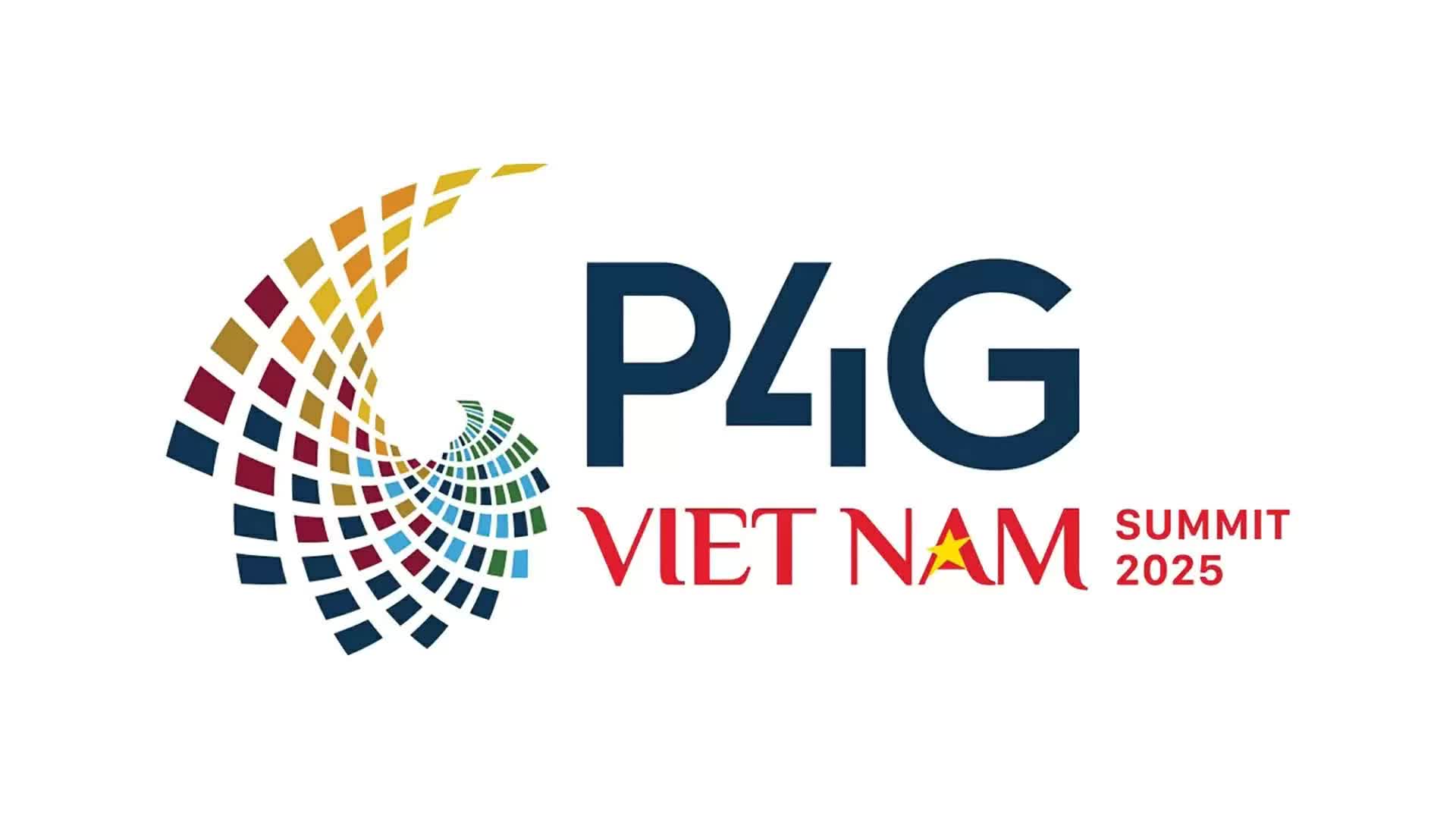
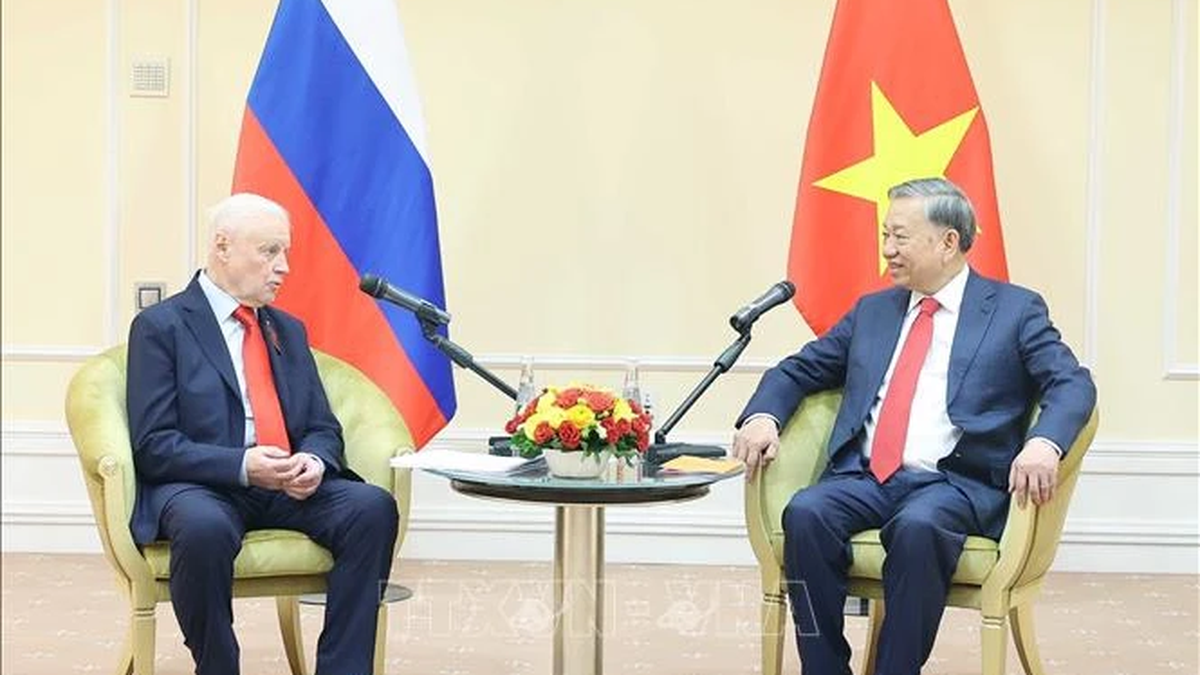
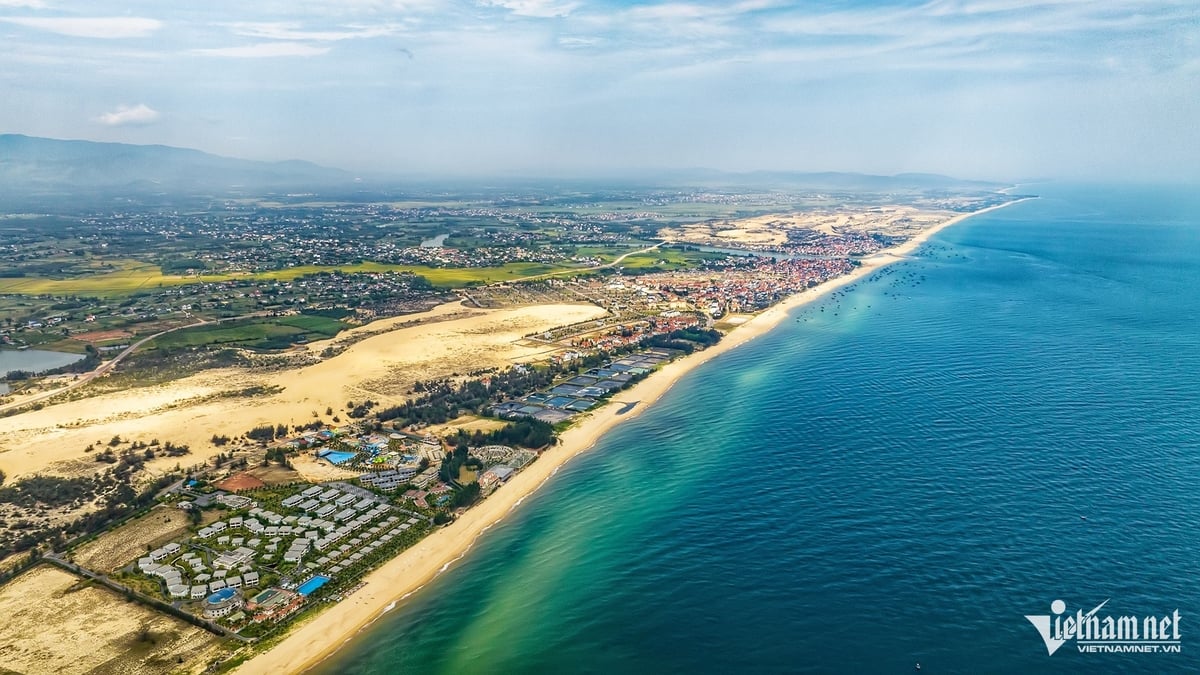

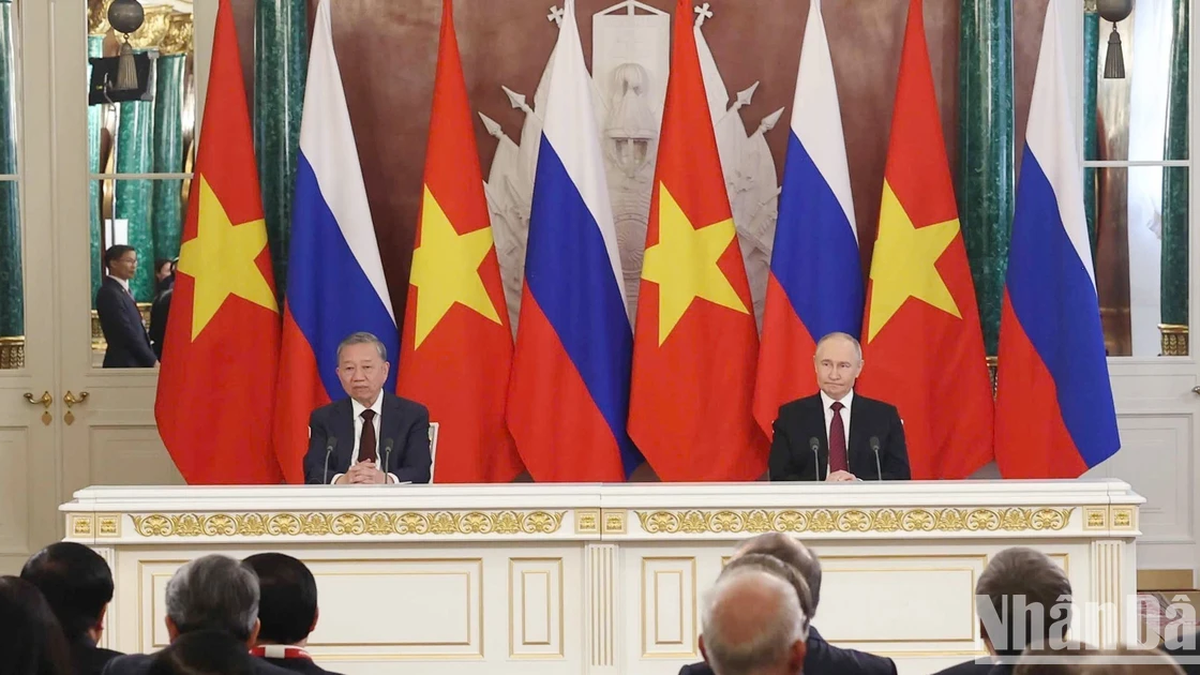

![[Photo] Prime Minister Pham Minh Chinh chairs Government Standing Committee meeting on Gia Binh airport project](https://vphoto.vietnam.vn/thumb/1200x675/vietnam/resource/IMAGE/2025/5/10/6d3bef55258d417b9bca53fbefd4aeee)

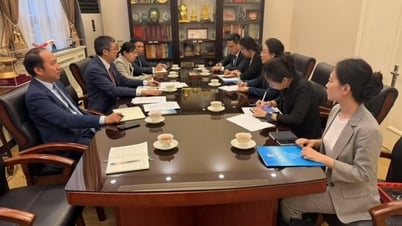


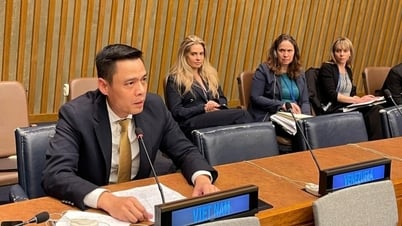
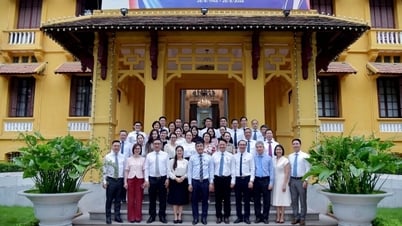






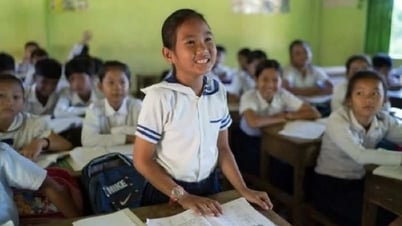


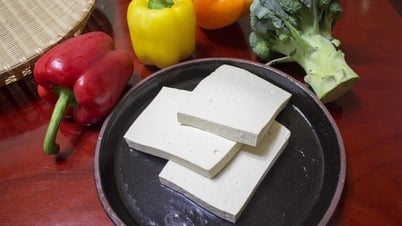




































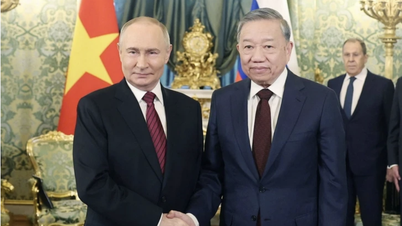

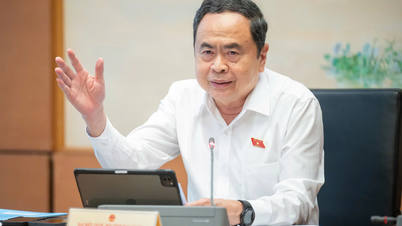










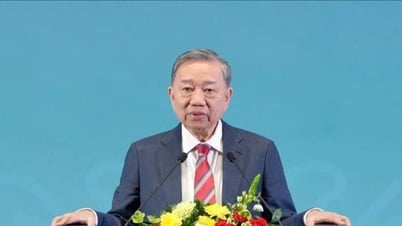

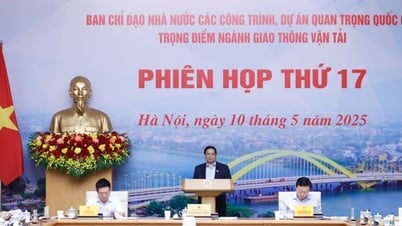

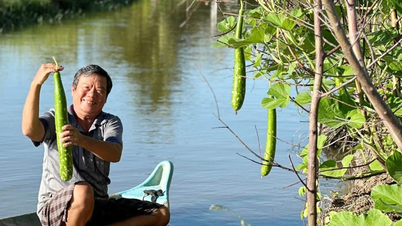


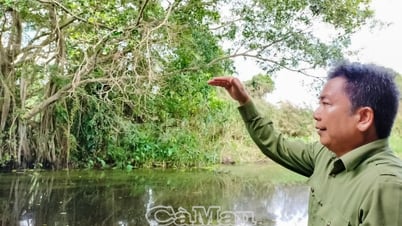












Comment (0)